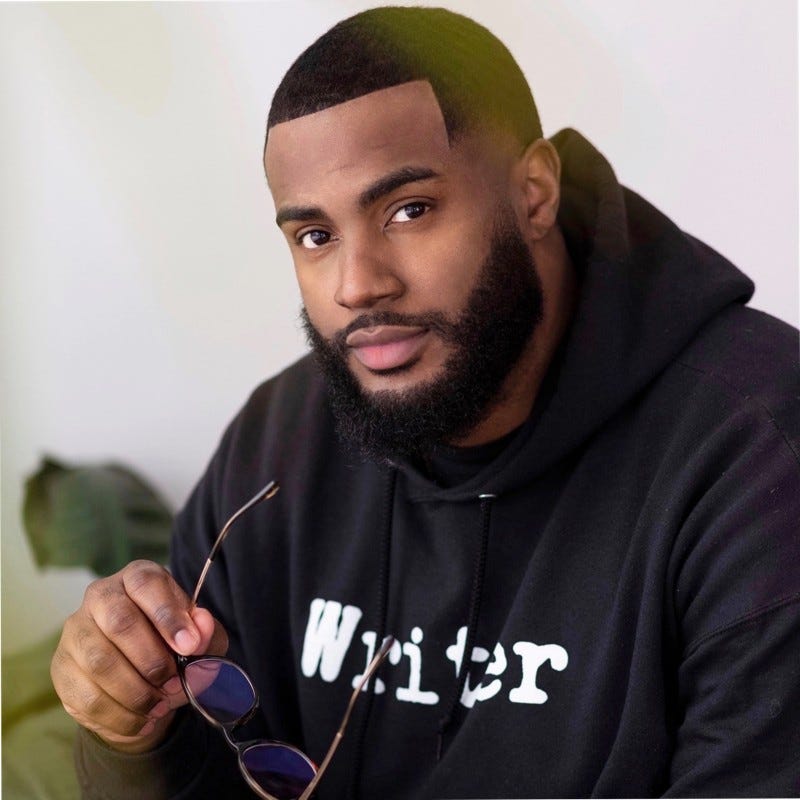U-M Debate clinches first national championship
 Jakkar Aimery
Jakkar AimeryAnn Arbor — University of Michigan students Kelly Phil and Bennett Dombcik recalled when they notched a victory for the UM Debate team this month, the first in the program's 121-year history, that it was a moment when the "stars kind of really aligned for the best."
"Its really surreal because it was basically our loss for the past 10 years, and it feels great to end our careers on this high note," Phil said recently.
"It feels wonderful after working this whole year, especially in the months leading up to the tournament," Dombcik said.
After waiting up to four hours for judges to score their 5-0 decision against the University of Kansas on April 8, the team won the first national championship in the Ann Arbor program's 121-year-old history.

The 78th annual tournament was held April 4-8 at Emory University in Atlanta, Georgia. Over four days, 78 teams representing 47 universities and colleges in two-person teams debated whether the United States should restrict its nuclear forces.
Preparation for the tournament took place seven days a week over three months. Phil and Dombcik, both of whom gave up their spring break in February, spent hours researching articles and law reviews to bolster their arguments for supporting and opposing the topic, they said.
"In the lead-up to the national debate tournament, we basically spent around six to 12 hours a day combing through every article that we could find on that subject," said Phil, 21, a political science graduating senior from Seoul, South Korea.
Dombcik, 21, of Chapel Hill, North Carolina, who will graduate this year with a degree in philosophy, said the pair divided their labor. He focused on the ways the United States could restrict its nuclear forces. Meanwhile, Phil focused on arguments that rejected restrictions.
Eight speeches are made at the tournament, Phil said. The first four were categorized as constructive speeches, where teams presented their main points and developed their arguments. The remaining four speeches, known as rebuttals, allowed teams to take apart each argument in response, she said.
The team completed the preliminary rounds, winning seven out of eight, according to Aaron Kall, the Lee H. Hess director of debate and the team's coach. In the elimination rounds, Michigan defeated Michigan State University 4-1, Georgetown University 4-1, California State University at Long Beach 4-1 and Emory University 3-2 and then Kansas in the championship round.
The UM Debate team usually has 18-24 undergraduate students, Kall said. The school had two teams that qualified for the national tournament, but its second team of Natalie Gao and Conner Shih won five out of eight preliminary debates and lost to Dartmouth College, the coach said.
The team has been competing since 1971 and has inched toward the finish line seven times as runner-up in the contest. Teams have come close to winning the national title by reaching the tournament finals in 1989, 1991, 2014, 2015, 2021, 2022 and 2023, said Kall.
Phil said the team's strategy this year wasn't "drastically different" than that of previous years. Instead, "exactly the right factors lined up the way we wanted," she said.
"In many ways, the national debate tournament, whoever ends up winning it, depends a lot on luck," Phil said. "I think this year was the year where our stars kind of really aligned for the best."
Phil, also a senior, and Dombcik said they approached the tournament's debate topic confidently by applying their academic studies and coalescing what they dubbed "cross contamination" between debate and course work. They have been a part of the school's debate program for four years.
"I ended up writing my honors thesis in philosophy on civilian casualties in war, and I'm also taking a graduate seminar on the applied ethics of nuclear weapons," Dombcik said. "So, not only those two classes, but also the debate topic are all kind of of tied up together, so it was very easy for me to have some cross contamination between debate and school."
Kall, the team's coach, said when recruiting students for the UM debate team, he seeks students with a work ethic and who can juggle time management to reach the highest levels of debate while still succeeding academically.
Phil and Dombcik embodied those qualities, he said.
"Coaching for so many decades, I've seen a lot of people melt in (the tournament) environment, because debate, especially for seniors — they know they'll never get to debate again," Kall said.
"Both Bennett and Kelly ... no matter how much pressure there was, no matter what was on the line and no matter what the quality of debate teams we had to beat to win, it never phased them," he said. "They were true professionals, they had a goal in mind and their performance execution was just amazing."
The debate team won exactly three months after the school's football team overcame the Washington Huskies in a 34-13 victory in the college football national championship game Jan. 8 in Houston, a triumph the team "took a lot of inspiration from," Kall said.
Phil and Dombcik don't see themselves setting aside their debate skills anytime soon, even as they graduate.
"For me, 10 years in debate is really predisposing me to go into litigation," Phil said.
Dombcik said "litigation seems like the obvious follow-up," but he's weighing whether to pursue law or a doctorate degree in philosophy.
jaimery@detroitnews.com